Regaining federal trust after PR’s government upheaval – steps toward trans
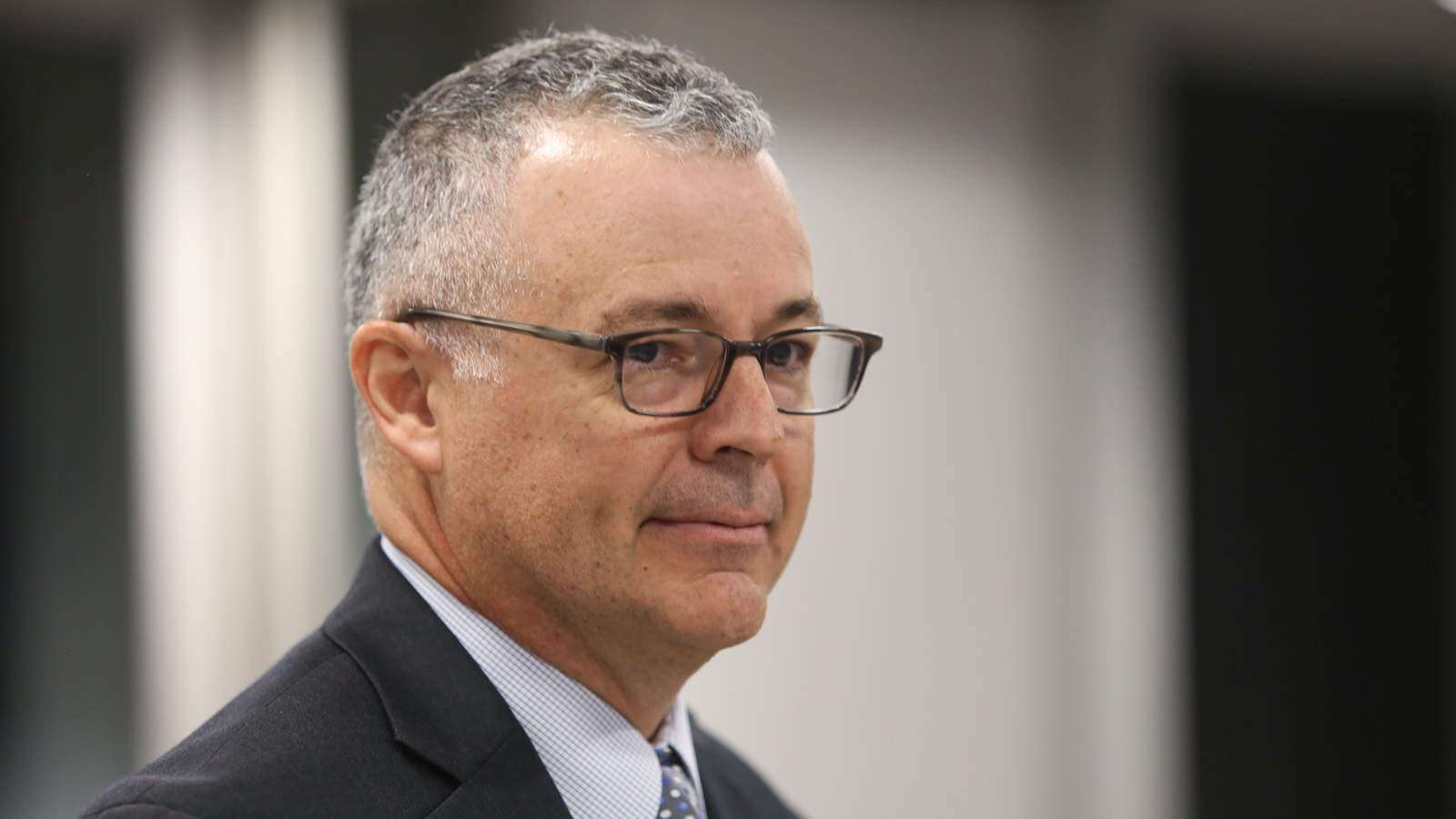
The ink is not yet dry on (soon to be former) Governor Ricardo Roselló Nevares’ resignation letter, and the Federal Government has already given an idea of what the future will hold. Congress has gone on summer recess without approving $12 billion in Medicaid funding for the island, which was to arrive with vastly increased controls. FEMA just told COR3 that they would take over the certification of projects, and sources indicate that PR’s Housing Agency plan for managing CDBG funding will, to put it nicely, be ‘readdressed.’
In short, #TelegramGate has set Puerto Rico’s economic recovery back months, if not years. The conversation between members of the infamous chat group could quite literally paralyze Puerto Rico’s near term economic development. (A note to the private sector: keep that tidbit in mind next time these ‘former government officials’ come pleading to you for a job). The challenge now will be to recover even the slightest shred of credibility for Puerto Rico’s government in the eyes of the Federal government.Unsurprisingly, the number one issue of any PR elected official for the next several terms will be to implement radical transparency measures across the government Questions of status, the future of the Fiscal Oversight Management Board (FOMB), and any new government programs will have to be tabled. Puerto Rico’s economic recovery rests solely on the local government’s ability to convey to Washington that they are worthy of managing billions in taxpayer funds.In other articles I’ve written about simple approaches to procurement reform. I say ‘simple’ because at a strategic level the initiatives are straight forward: All requests for proposal should be open. The government cannot negotiate in private with preferred vendors without notifying the public. Contracts must be awarded on objective criteria and not relationships. Just implementing these would return untold millions to Puerto Rico’s Treasury, and likely paralyze the cottage industry of consulting firms owned by ‘
talentosos‘ who have relied on lack of competition to fleece the public. But there is far more to do. Here are some additional initiatives to ensure that the future government of Puerto Rico is accountable to the citizens – not to special interests.
Implement ‘cool down’ periods for political appointees: A person who has held political positions will not be able to perform functions of lobbyist or consultant for a period of three years after leaving government service. Why three? Because by the time someone actually understands their job, they would only be able to come back after an election. If there is a change in government, they’d be unemployable and unable to influence their former employer. If their party wins, they’d be swimming uphill against the incumbents that were brought in with the new administration.
Any company that chooses to obtain contracts with the government must have been registered more than two years before the elections, have existing clients, and demonstrate relevant past performance. This prevents elected officials from ‘rewarding’ specific individuals with contracts. An administration shall not be able to bring in a company to assist unless they have a track record, have other clients and know what they are doing. No more doling out taxpayer money so people can be ‘batateros’ and make a killing by doing nothing.
Advisory contracts shall follow open, public Request for Proposal processes just like other procurement contract activity. There is no reason why advisory work cannot be evaluated using an RFP process. Politicians will insist that they cannot bring in specific talent if they have to evaluate these contracts merely on cost. They are wrong. That refrain is merely justification for opaque contracting behavior. Service contacts can easily and transparently be evaluated on ‘best value’ criteria, where the consulting firm is evaluated on how much ‘bang for the buck’ they can provide. This has been the norm in the Federal government for decades. This also forces the government to identify exactly WHAT it needs in a service contract – beyond merely the ability to pay back political donors.
All government agencies will provide all non-personally identifiable data to an independent third party for publishing online for the public benefit. This information should include per capita information related on outcomes. For example, Puerto Rico’s Education Department has spent thousands more per student on education (with a combination of local and Federal funds) yet had outcomes that rank at 53d – last behind all 50 states, the District of Columbia, and Department of Defense schools. The public should have access to this information, which clearly indicates an inability to manage these resources appropriately for the public good.. Outrage has a place in democratic change, and elected leaders should be held accountable.All of these initiatives can be accomplished via executive action. Many experts expect these initiatives will imposed by the Federal government. If they are, the absolutely worst thing the new government can do is fight them. We are past the point of fighting about who owns good ideas. We are now in a race against the clock – perhaps the calendar – and Puerto Rico can ill afford posturing in setting conditions on Federal funds. The refrain from Congress is clear: ‘We have lost patience. There is no time for any more demands. Transparency will be imposed and expected, or there will be no funds coming.’ In other words: let’s quit playing the colony/sovereignty/cultural imposition card, and focus on rooting out corruption and creating transparency. Corruption is not due to Puerto Ricos political status. It is the result of a political class that used status to distract from the decades- long manipulation of economic and political power for the benefit of an invisible few. From here on out it is all about regaining trust.There are other initiatives for transforming the public workforce in Puerto Rico, but they are far more involved and will likely require legislation. In general, public sector reform should revolve around three pillars: a smaller, well paid class of truly professional government technocrats that are not ‘
batateros‘ beholden to anyone party. Smaller, because duplicative government agencies dilute limited funds and do not serve the citizenry. Well paid to ensure a viable meritocracy that does not need to sacrifice ethics in order to survive. And perhaps most important, Independent to ensure their allegiance is ‘
para el pueblo‘ and not ‘
para el partido‘.From here on out, the focus of every new elected official must be about finding and eliminating corruption. Nothing else will unlock billions in government and private funding that the citizens of Puerto Rico desperately need for a dignified future. The future class of Puerto Rican politicians would do well to channel a former US President and make ‘
It’s the corruption, stupid‘ their slogan for the next eight years.
*The author is the President of Atabey Group, an advisory firm focused on ethical investment in emerging markets. He is a son of Puerto Rico, a former business executive, retired Air Force Colonel and combat veteran. He previously served as the Revitalization Coordinator for the Financial Oversight and Management Board for Puerto Rico. He has twice testified before Congress on rebuilding the island’s power grid, and the need for widespread structural reform of the Government of Puerto Rico.
Popular ahora

Bienvenido a Noticel
Empieza a crear una cuenta
Verificación de cuenta
Te enviaremos un correo electrónico con un enlace para verificar tu cuenta. Si no lo ves, revisa tu carpeta de correo no deseado y confirma que tienes una cuenta vinculada a ese correo.
Has olvidado tu contraseña
Introduce el correo electrónico de tu cuenta y te enviaremos un enlace para restablecer la contraseña.
Has olvidado tu contraseña
Le hemos enviado un correo electrónico a {{ email }} con un enlace para restablecer su contraseña. Si no lo ve, revise su carpeta de correo no deseado y confírmeme que tiene una cuenta vinculada a ese correo electrónico.
Personaliza tu feed
Verifica que tu dirección de correo electrónico sea correcta. Una vez completado el cambio, utiliza este correo electrónico para iniciar sesión y administrar tu perfil.
Elige tus temas
- Deportes
- Economía
- El Tiempo
- Entretenimiento
- Más
- Noticias
- Opiniones
- Última Hora
- Vida y Bienestar
- Videos y Fotos



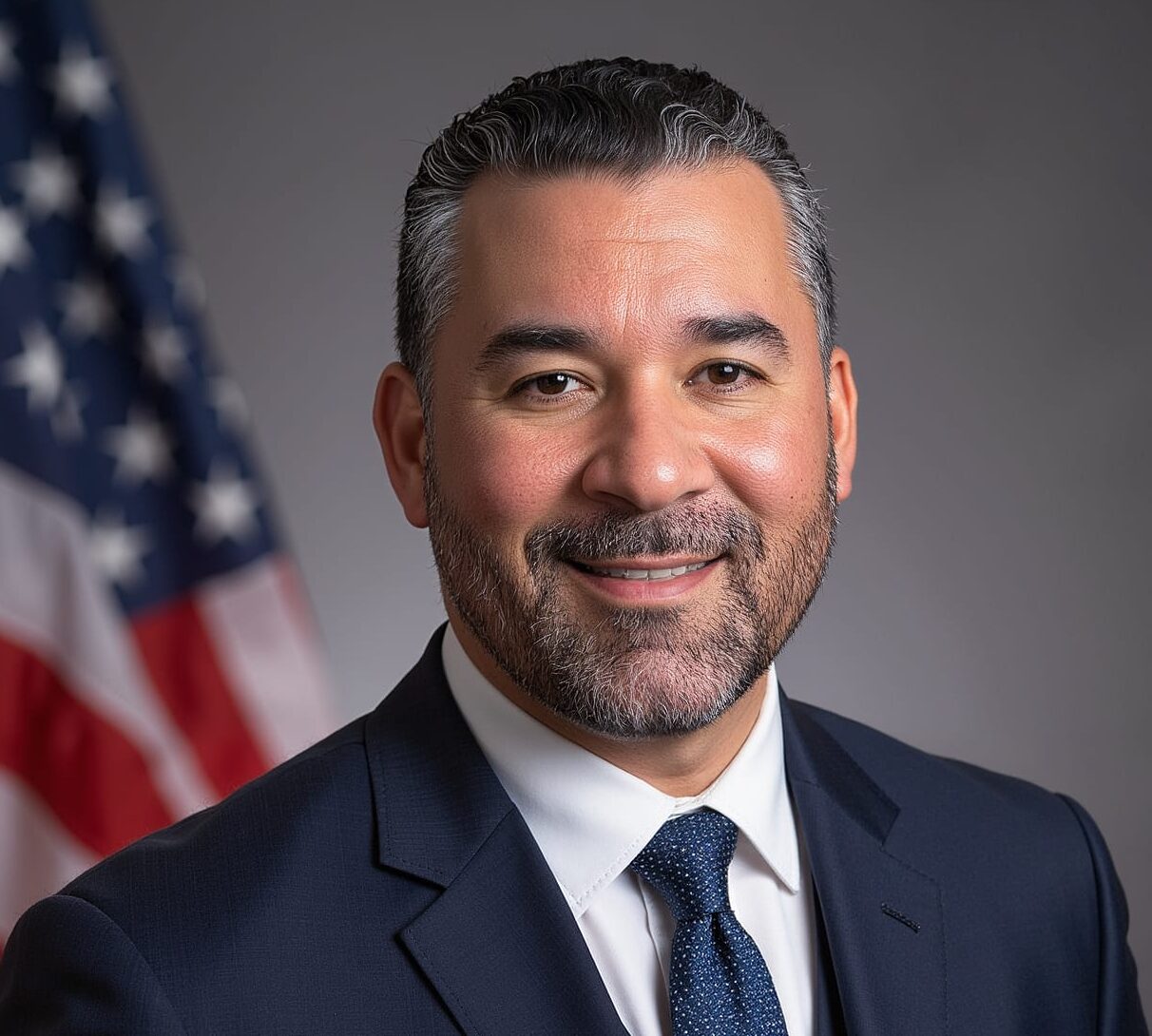



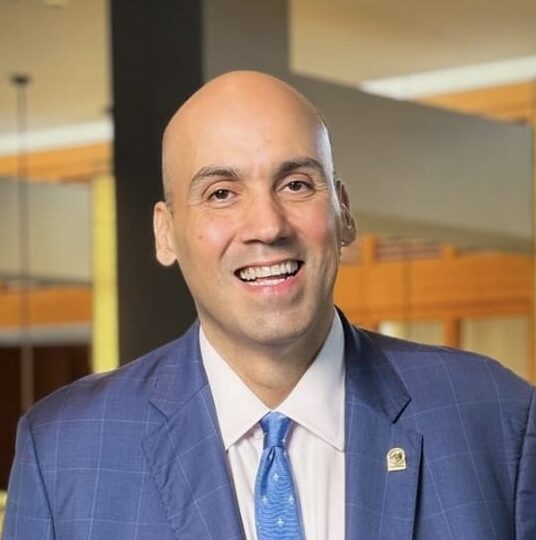
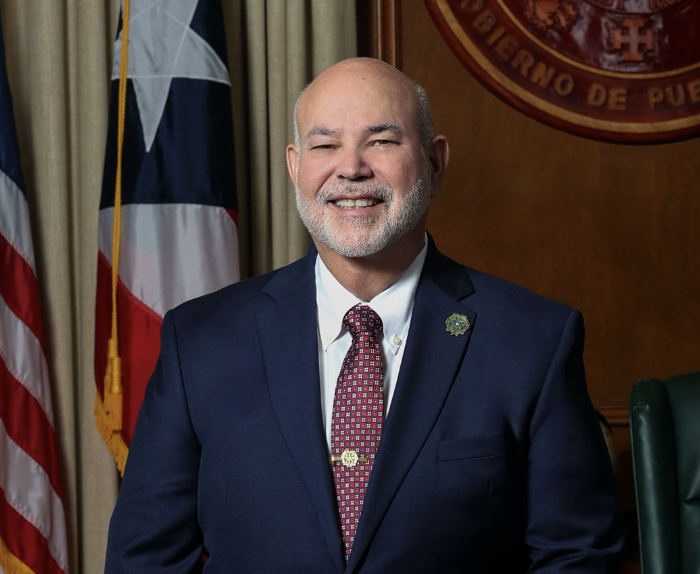

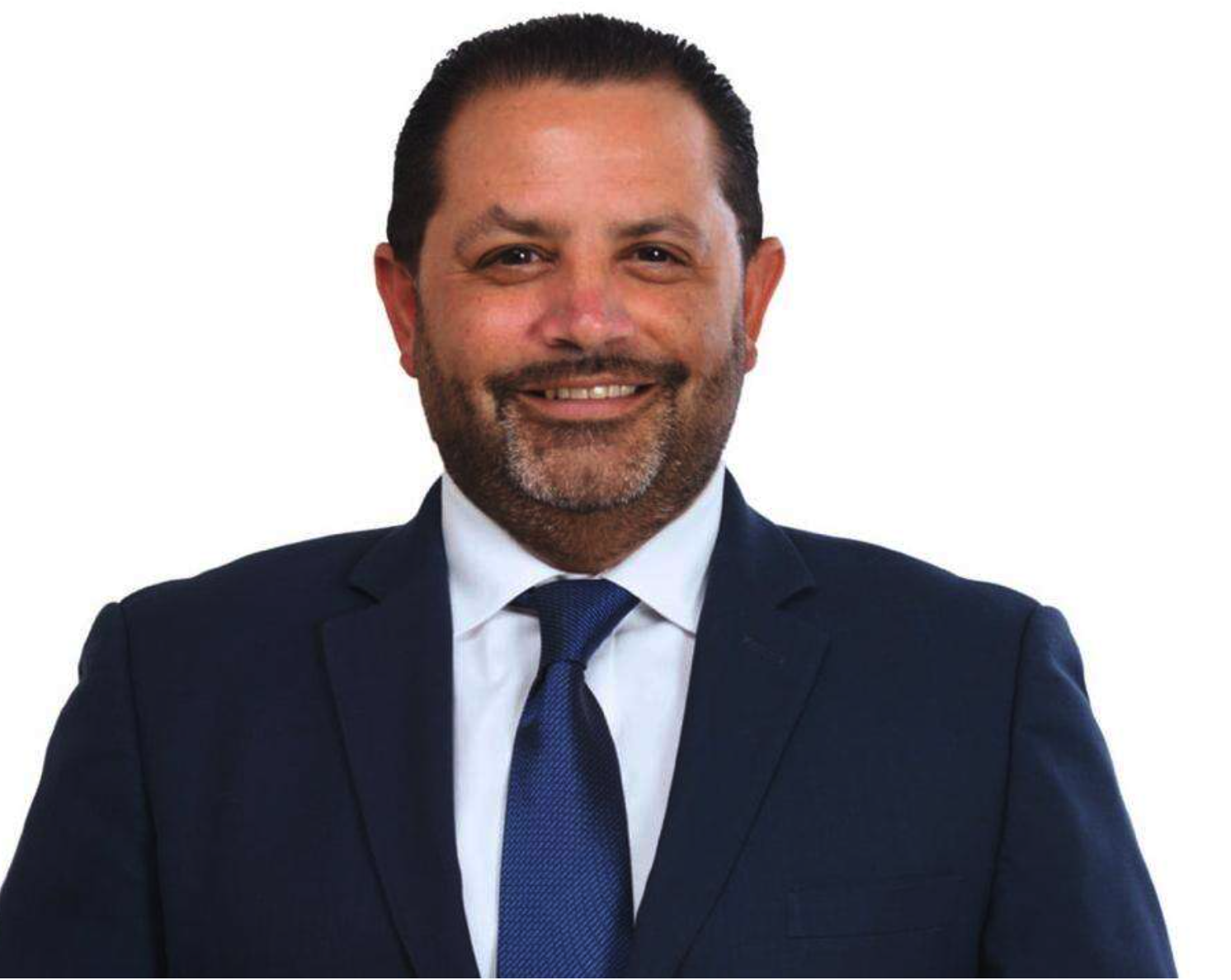

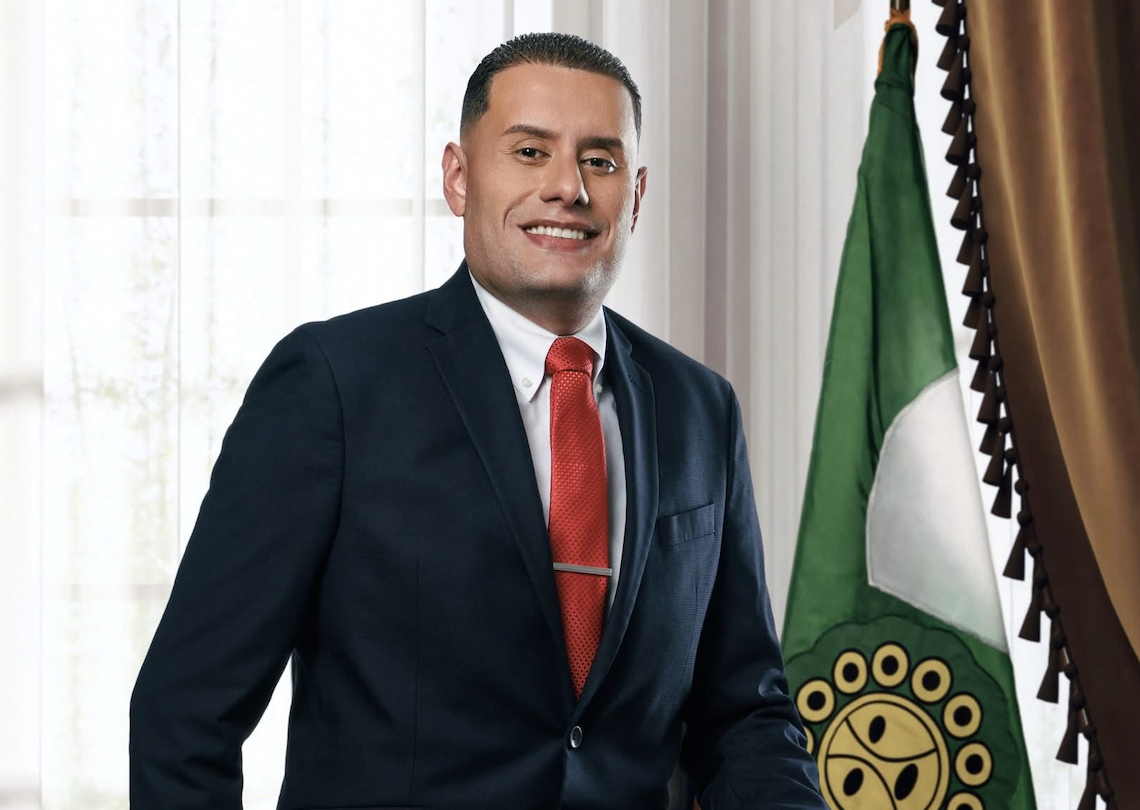
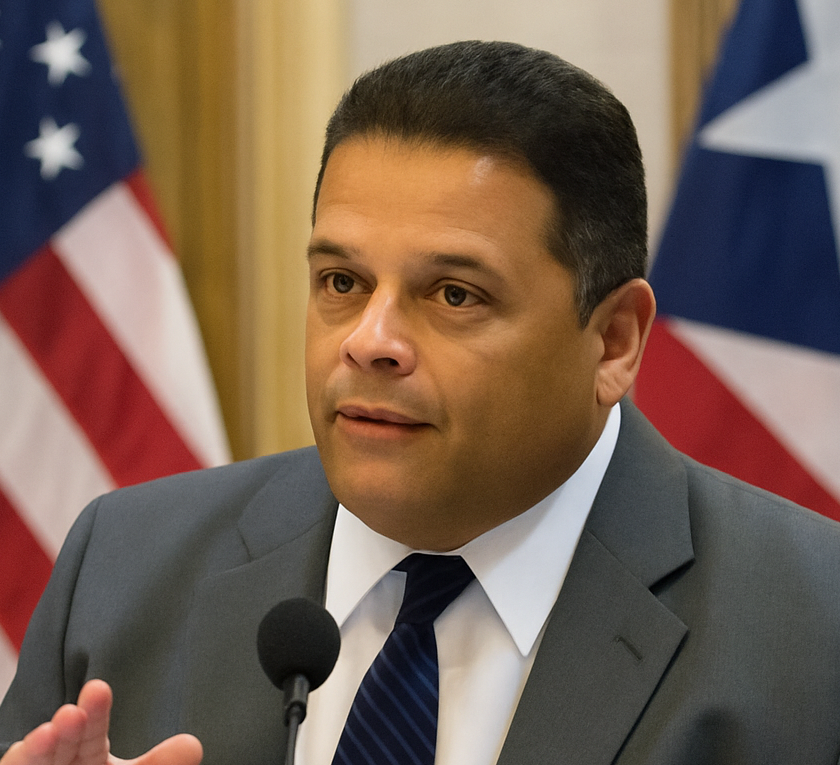







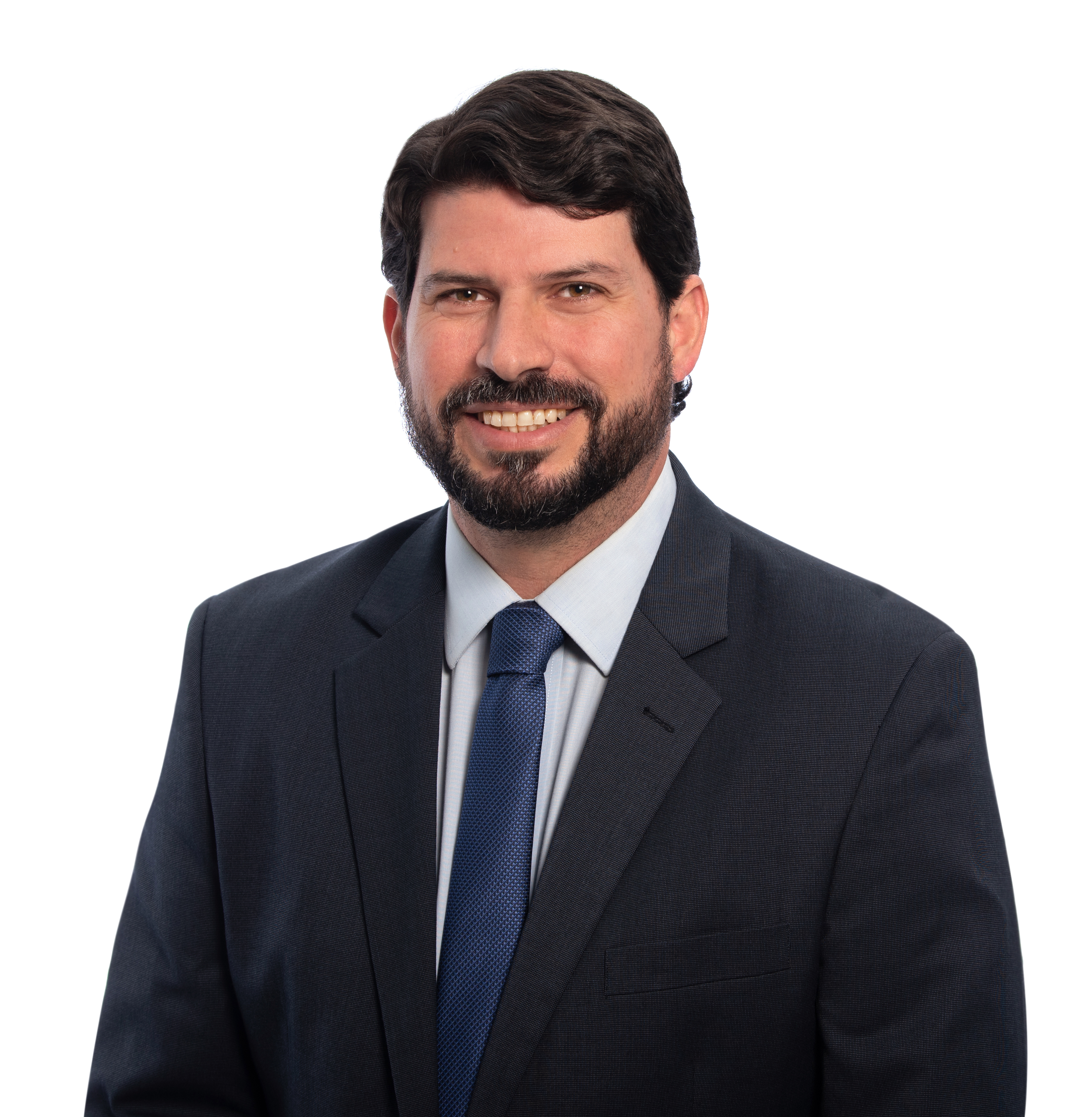
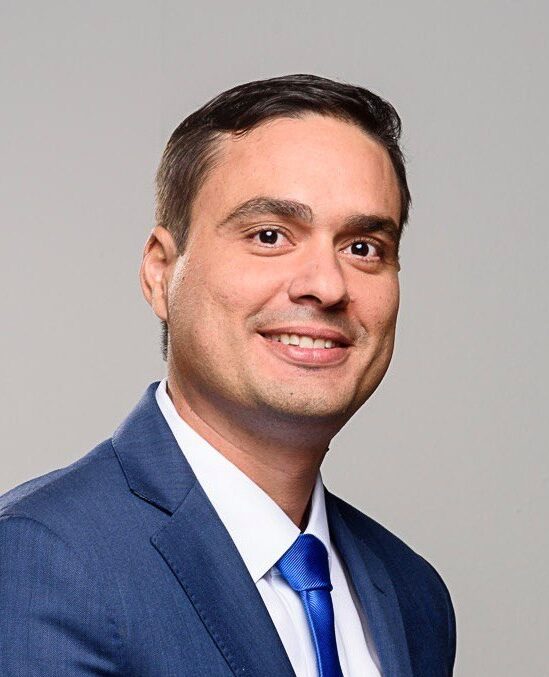
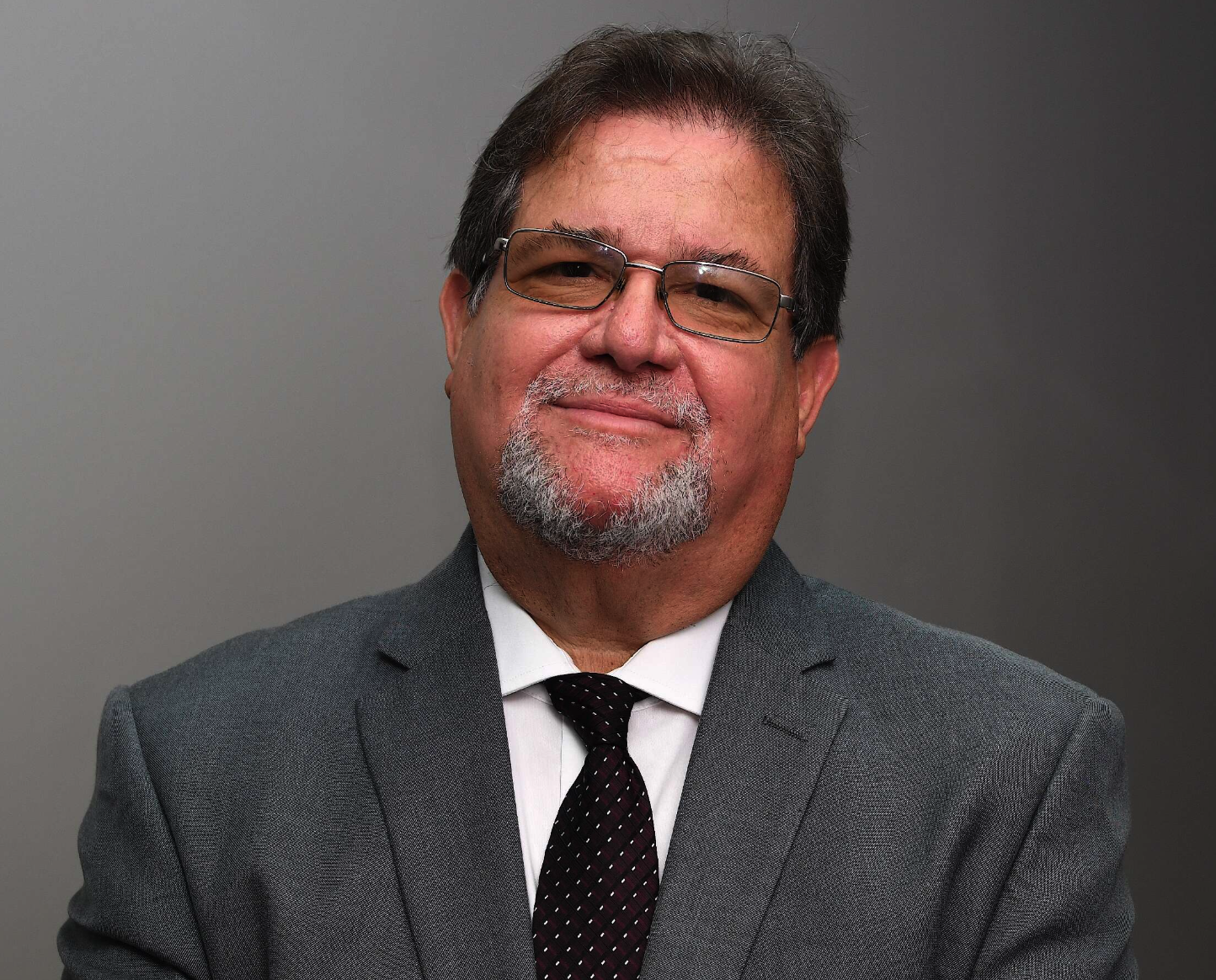
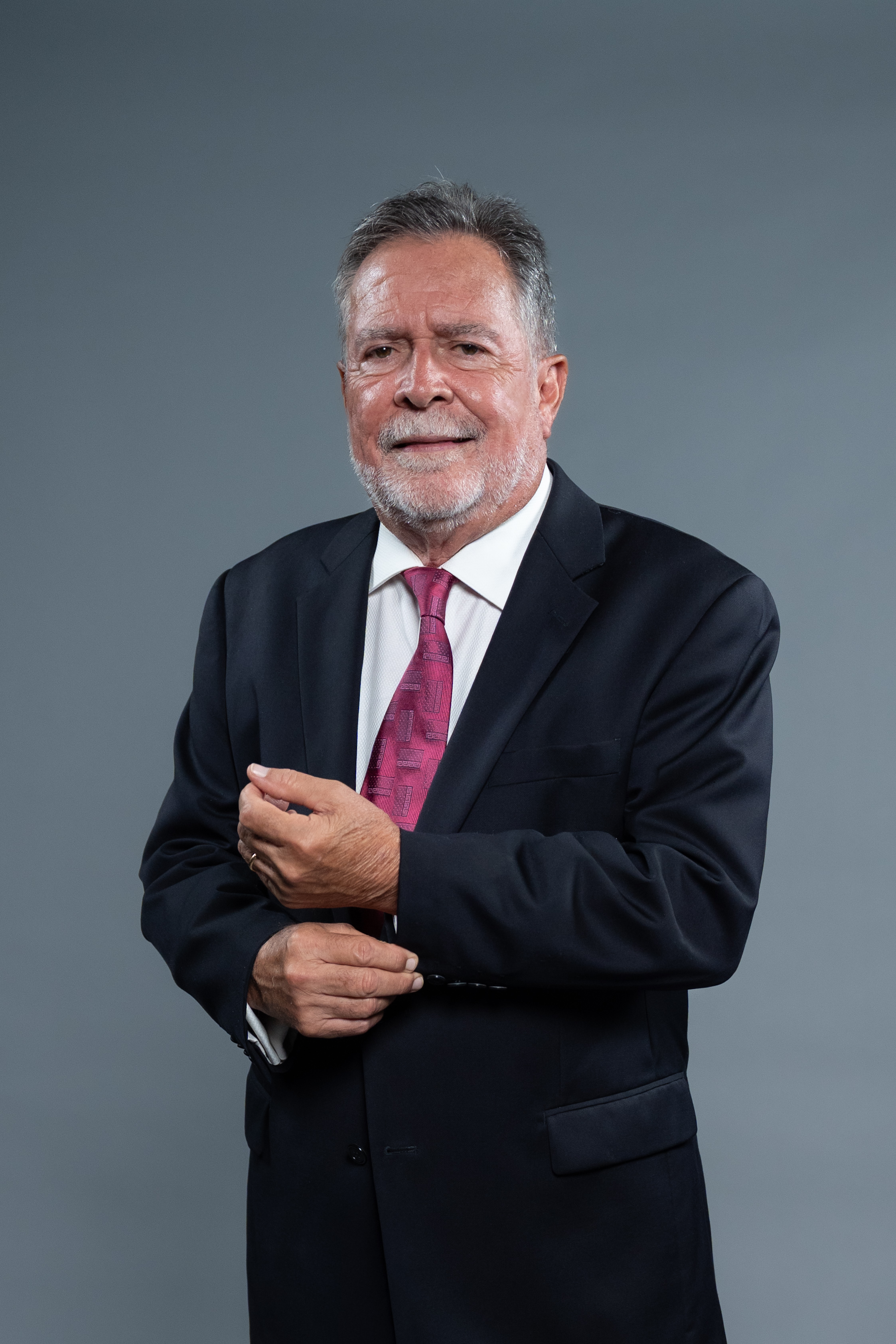
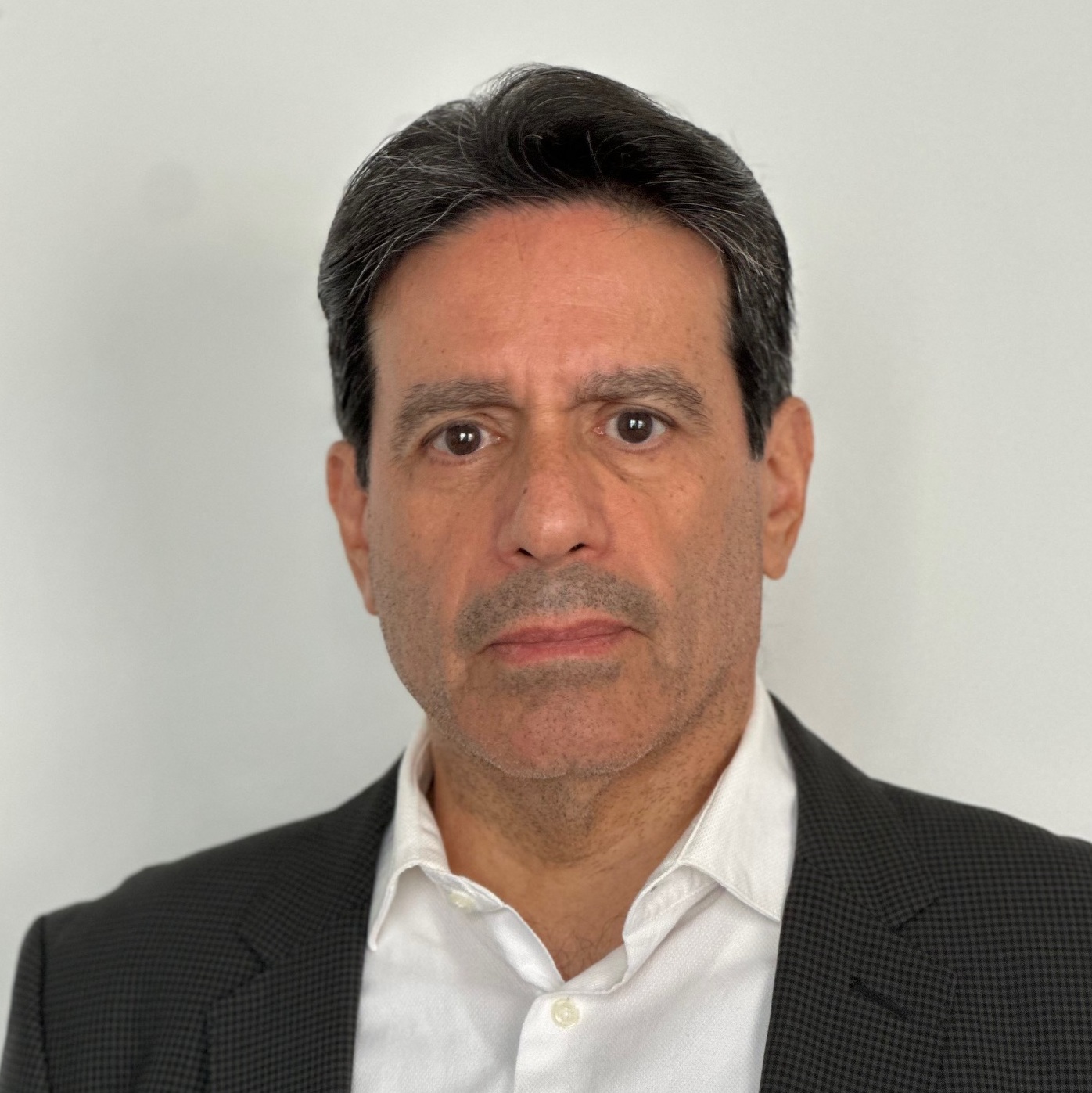
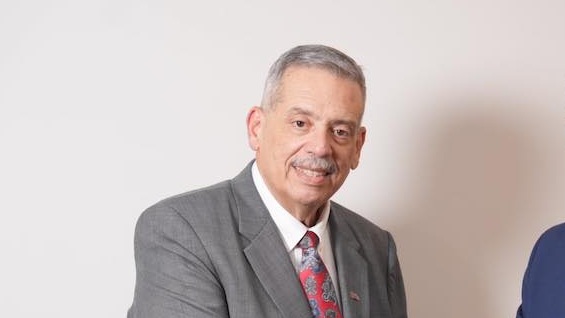
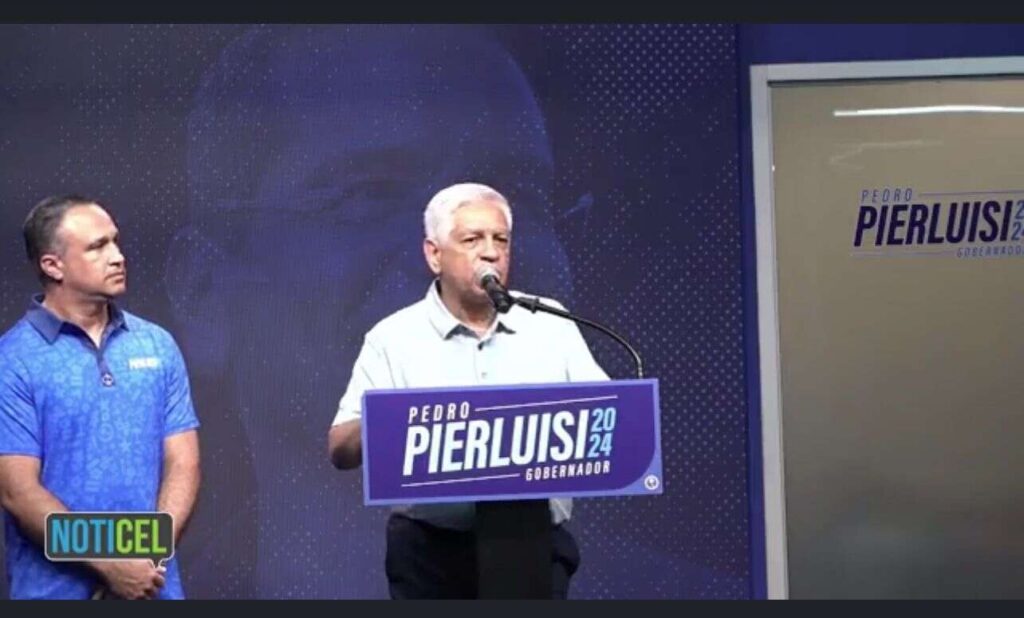
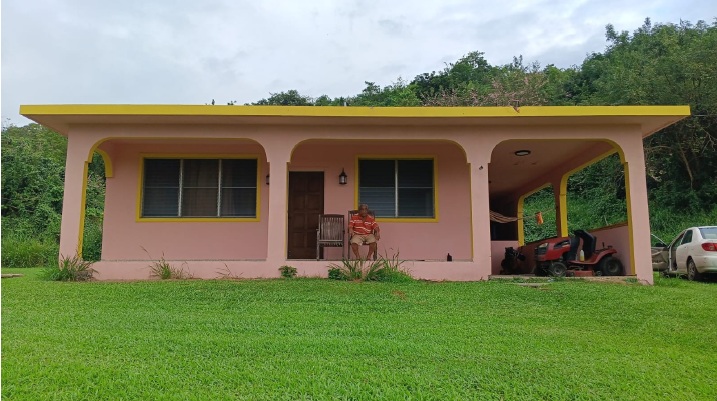

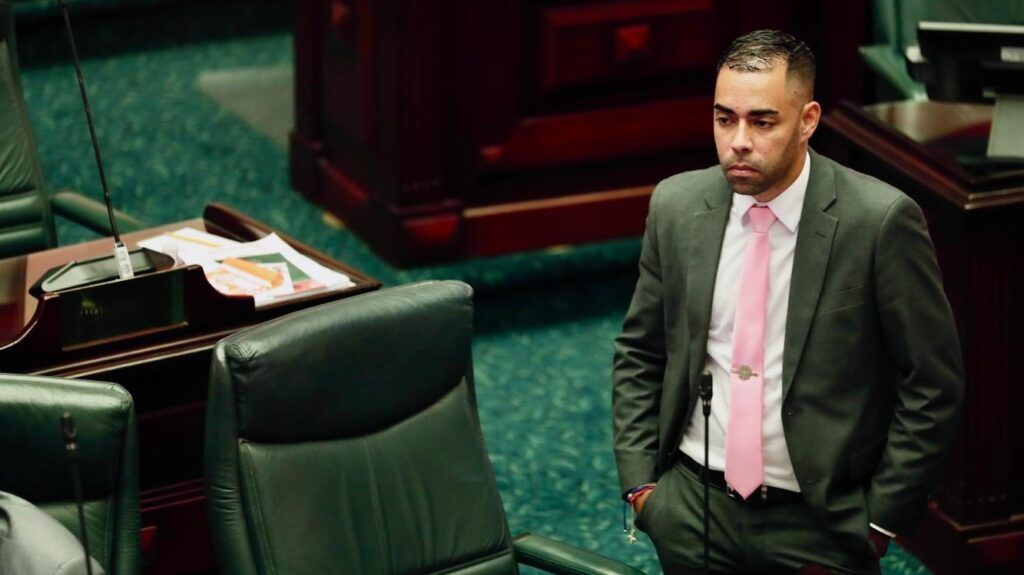



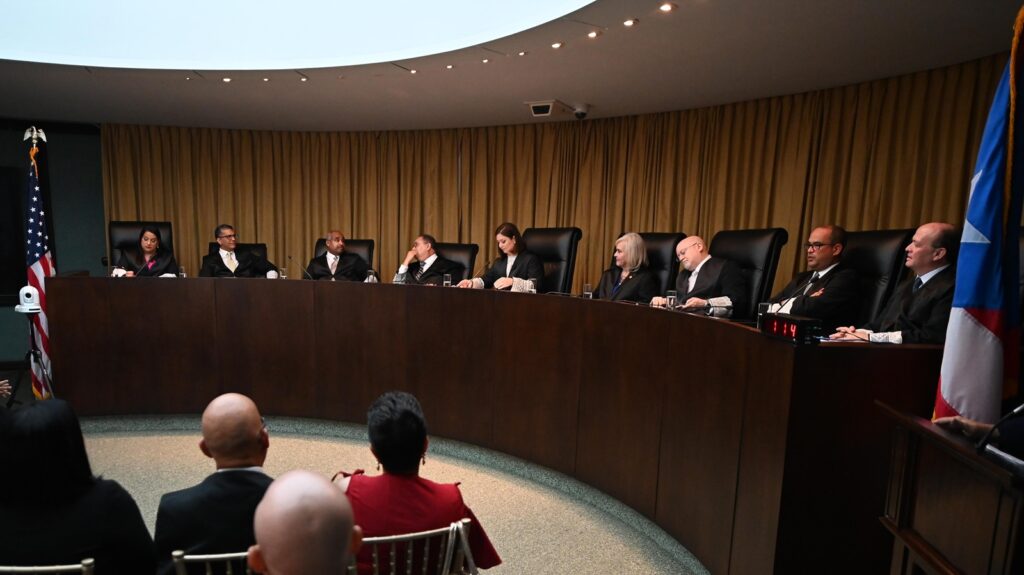

Comentarios {{ comments_count }}
Añadir comentario{{ child.content }}